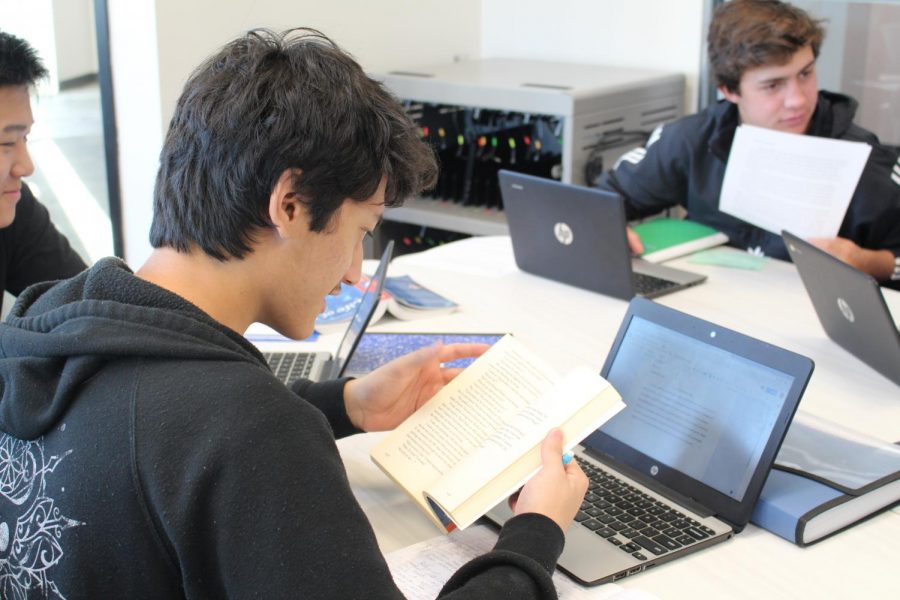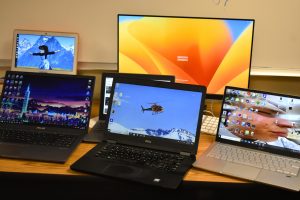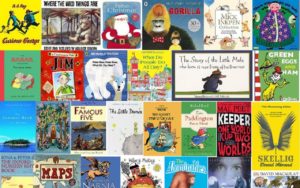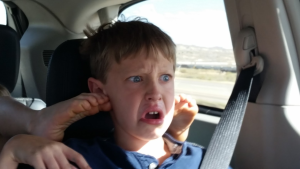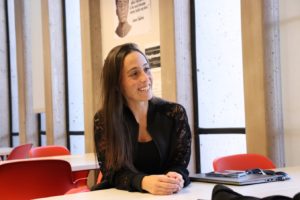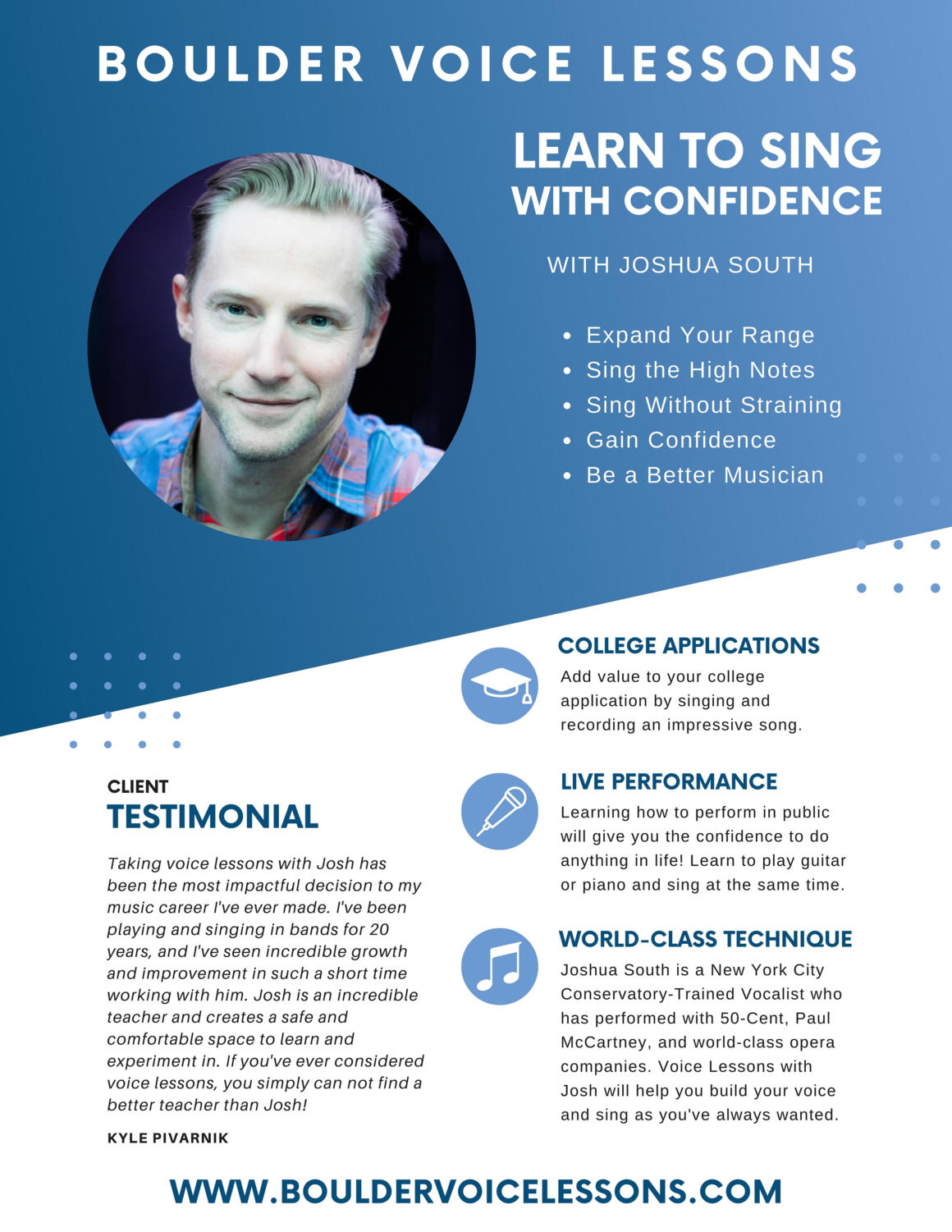What it’s like speaking English as a Second Language at Fairview
Summit Shrestha and his friends studying.
October 22, 2018
Though the majority of students at Fairview speak English as their first language, there are some that learned to speak one or even two languages before learning English. Many have more experience speaking a different language at home, and sometimes throughout their day-to-day lives.
Students who do not have English as their first language are often grouped together and stereotyped, though their stories are all unique.
One of the ELD (English Language Development) teachers, David Stewart, said, “They’re individuals, their interests are individuals, their background knowledges are individualized, and so you can’t stereotype [students who speak another language].”
For some students, it can be very difficult to keep up in their classes, especially if they are expected to understand the material as well as the other students who are fluent in English.
Nini Kaur, sophomore, learned english as her third language, her first two languages being Hindi and Punjabi. Sometimes in class, it can still be difficult to keep up.
“I’m trying to teach myself to think in English,” said Kaur. “A lot of the time when I end
up having to present in class, I end up stuttering because I get stressed out. It really sucks.”
For Kaur, English is more difficult to speak than her native languages. She often thinks in a mixture of Punjabi and Hindi and then has to translate it to English, and this has caused some issues for her.
Kaur also has some mixed views on learning another language prior to English.
“I feel like it is really beneficial because it opens up more opportunities for travel,” she said. “However it’s not beneficial because a lot of the times your brain can’t process English fast enough.”
Summit Shrestha has a different story to tell. With both his parents being from Nepal, Shrestha learned Niwari, Nepali, and later on English at around the age of 4, since he was attending preschool.
Though through the years he has found little use in speaking Nepali, he still finds it to be a huge part of himself and his culture.
“Even if it’s useless like Nepali—no one speaks Nepali—it’s still your culture. It’s a part of you,” he said.
Shrestha finds himself speaking and using English more than his other languages. For him, it’s more useful because only a small amount of people around him speak Nepali.
“I have assimilated a lot, so I speak a lot more English now than Nepali. My dad rarely speaks Nepali but my mom still speaks it a lot” said Shrestha. “I don’t speak Niwari anymore, Nepali I speak when I’m with family cause they’re the ones who understand it.”
Eliana Valenzuela, a junior, grew up learning Spanish due to both her parents being from Mexico. She learned English and was able to test out of the English as a Second Language program in the fourth grade.
However, the school environment and overall attitude towards ELD students and students who don’t have English as their first language has changed Valenzuela’s point of view.
“I barely speak Spanish anymore, I only speak it to my parents. I feel very awkward speaking Spanish with white people. Whenever I speak in Spanish with them I speak in my American accent,” said Valenzuela.
Valenzuela said that learning another language is beneficial for life in general. She recently had an encounter at the movie theater where she works that really helped her find use for speaking Spanish.
“Whenever I’m working, and there’s nobody else that speaks Spanish but me, [the customers] face lights up,” said Valenzuela. “It makes me happy when they know that they know that someone can understand and help them.”
The family of Omri Dayan, junior, is from Israel, so he grew up learning Hebrew. He later on learned English around the age of 4, and at this point he uses English more frequently.
“English is easier, just because I use it more often, and because I’m learning it constantly at school,” said Dayan. “I’m constantly improving my English vocabulary. I speak Hebrew every day at home.”
Often, people who speak different languages as their first language may also have their names coming from that language. Omri, pronounced with an O like in open, is often mispronounced by those around him.
“People often mispronounce my name as ‘Aw-mri,’ but after a while I stopped correcting them,” he said.
Many students who don’t speak English as their first language are often overlooked, or are simply stereotyped together and go unnoticed. However, many have different and interesting stories that are worth sharing.


